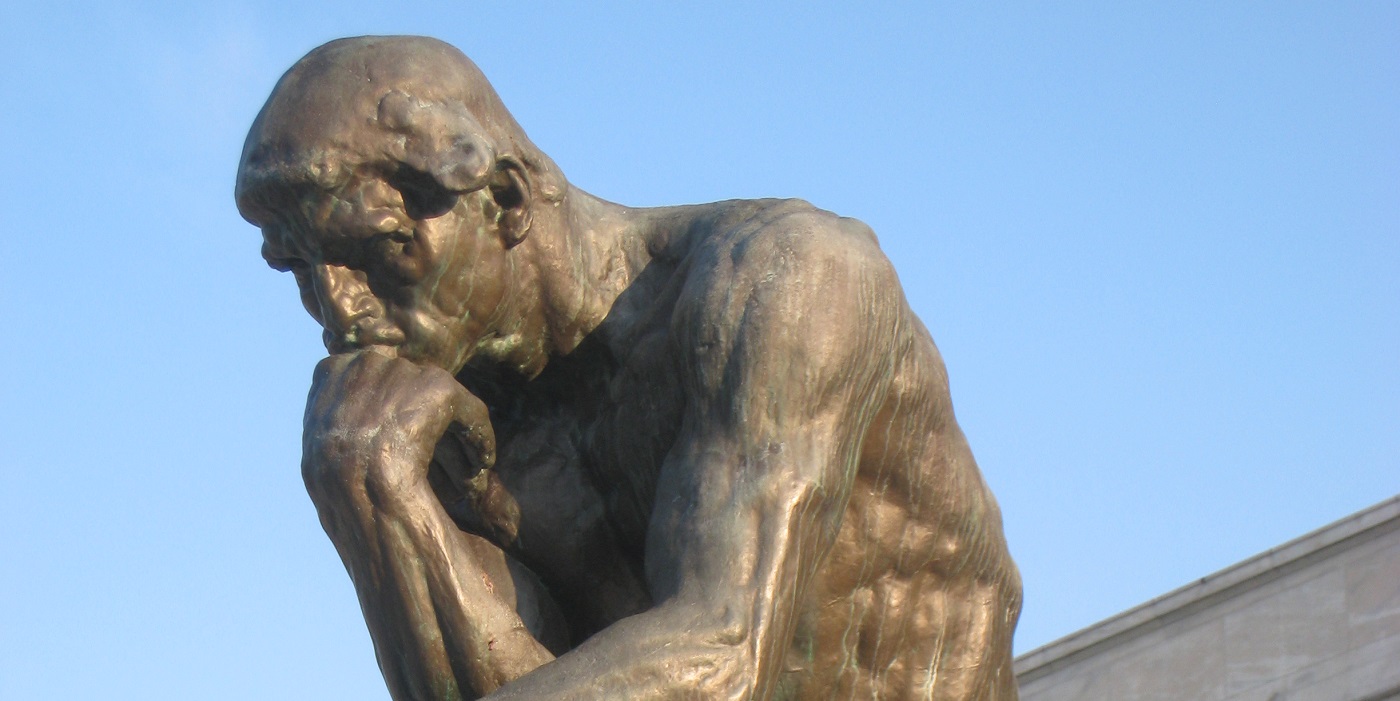The problem with bad ideas is that they never remain merely ideas. Once they attract sufficient – not always majority – support, bad ideas become codified into worse laws, which afflict whole societies. We are witnessing that process now over a misguided notion of how important “race,” ethnicity, and other identifiable factors are to the value of the human person.
Consider the answer of science and Western civilization to what makes us uniquely human. The noblest part of a creature is its specific form; that is to say, the aspect which differentiates the “kind” of thing it is (viz., its species) from the broader category of beings to which it belongs (viz., its genus). The genus to which humans belong is “animal,” because we have flesh, sensory organs, and the power to move.
But what kind of animal are we? There is a new contender for a textbook “bad answer” about the specific aspect that defines human beings: race. We are, some tell us, “racial animals.”
To be sure, other animals have subclasses with various dominant genetic traits. But this new theory of “race” transcends genetics to include inherited history and even a shared culture. This academic construct of “race” also includes a pivotal element: oppression. This mistreatment of one’s ancestors, immediate and remote, then supposedly inheres in one’s very being.
Inherited history, culture, and oppression are coming to be seen as the defining characteristics of a person, often paired with other factors to which academic culture imputes oppressed status: sexuality, gender identity, immigration status, etc. This elevated view of race is why “diversity” initiatives, racial quotas, “intersectionality,” and cultural Marxism in general have become so widespread. It is the idea behind inquests into historical (and allegedly current) systemic racism. It assumes that those whose ancestors once endured such oppression have overcome more than others and – since this achievement has been defined as an heritable trait, it implies that their descendants belong to a better species. I suggest that this is a very unhelpful way of seeing human beings and fixing racial prejudices.
The proponents of such “diversity” and affirmative action initiatives may have the purest of motives, but these policies are self-defeating in both their process and results. When some people are treated better because of their race, others will necessarily be treated worse because of their race. Witness the plight of Asian Americans in U.S. universities. And once disfavored groups see this government-enforced discrimination, many will be drawn into bitter resentment against the subgroups which are getting special treatment.
This policy also touches off an archeological hunt for historical victimhood, as each group wishes to discover a history of “oppression” sufficient to win government favor. What about reparations for Irish Americans, victims of the Barbary pirates, etc.? Every “race” has been both oppressor and oppressed at some point or another. What standard is applied to individuals of biracial or multiracial heritage – which, to some degree, is everyone, according to DNA results? We are all related by blood, from the beginning.
Universities should want students with bright minds, a decent work ethic, and good morals irrespective of ethnic background. College administrators should ask: What are the candidate’s skills, GPA, and community involvement? These indicators come not from the applicant’s race but from our rational nature. Individuals may also then contextualize all of this by explaining his or her “lived experience” of individual obstacles in education, social life, etc. – some of which, it is true, could be based on overcoming various racial prejudices. But such prejudices should be demonstrable in that individual’s case, not assumed based on group membership.
The best we can do in terms of institutional and public policy is to stop obsessing about race altogether and focus instead on creating a free and competitive market for education, jobs, and ideas, one where all people are free to pursue truth and goodness. The most productive path for the government to create equality of opportunity within institutions, businesses, and the civil law is “negative” (eliminating immoral obstacles to progress) rather than “positive” (rigging outcomes, with all the harms that flow from that). It is the responsibility of individuals to fix their lives, not the university admissions department nor the human resources coordinator, and certainly not the government bureaucracy. For the sake of social peace and the guiding truth in our Judeo-Christian heritage, we must treat others as fellow thinking creatures made in the image and likeness of God, which is what makes us all equal.
Reason is our defining characteristic, not race. We are rational animals, not racial animals.
(Photo credit: Public domain.)

